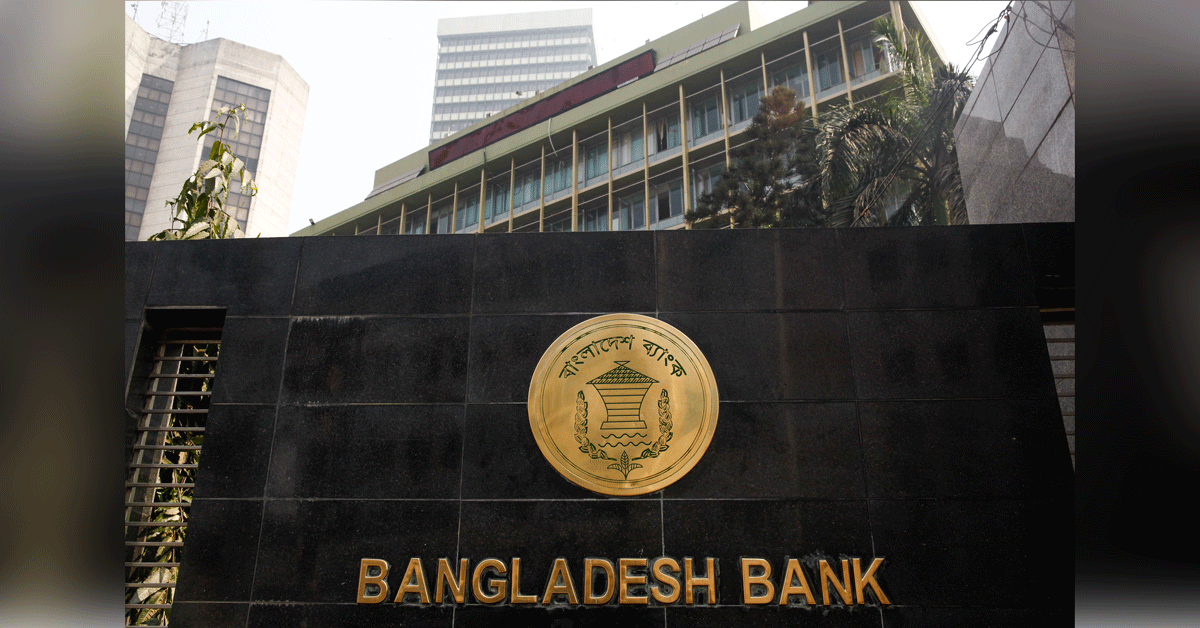Spain heads to the polls for the third time in four years, with the ruling socialist party expected to win the most votes but fall short of a majority and the far-right Vox party poised to achieve a national breakthrough.
The general election was called by the prime minister, Pedro Sánchez, in February after Catalan separatists joined rightwing parties in rejecting his 2019 budget.
Sánchez’s Spanish Socialist Workers’ party (PSOE) has governed Spain since last June, when it used a no-confidence vote to oust the corruption-ridden conservative People’s party (PP) from office.
But his minority government has struggled to advance its legislative agenda as it holds only 84 of the 350 seats in the congress of deputies.
Sánchez’s opponents accuse him of being weak and too beholden to the Catalan independence parties that supported his successful no-confidence motion.
They argue that he should take a far tougher line on the independence issue, which has dominated Spanish politics since the regional government’s secession attempt in autumn 2017.
The territorial crisis has also fuelled the emergence of Vox, which, until last year, was a fringe party without the support to win seats in congress.
That changed last December when the far-right party, led by Santiago Abascal, exceeded expectations, picking up 12 seats in the Andalucían regional election.





















